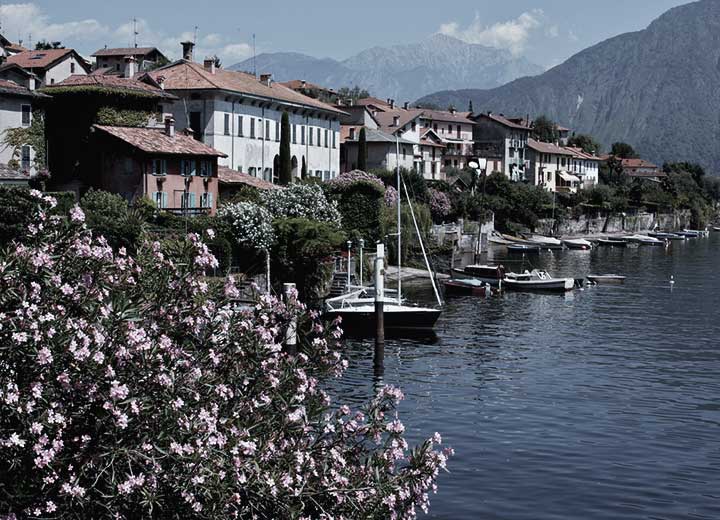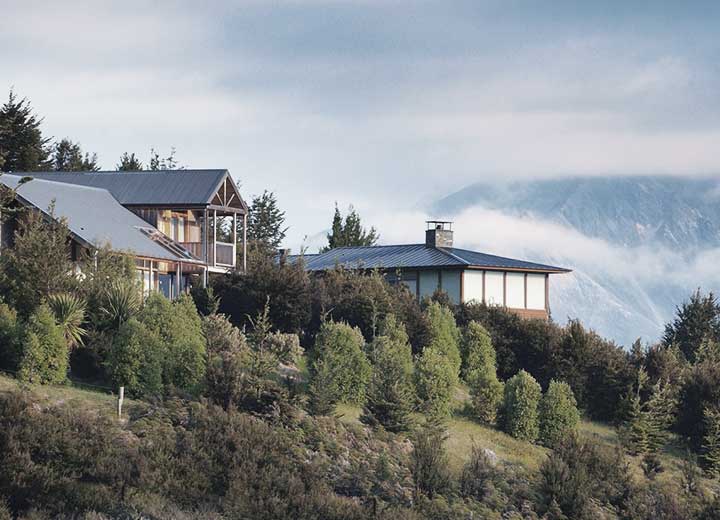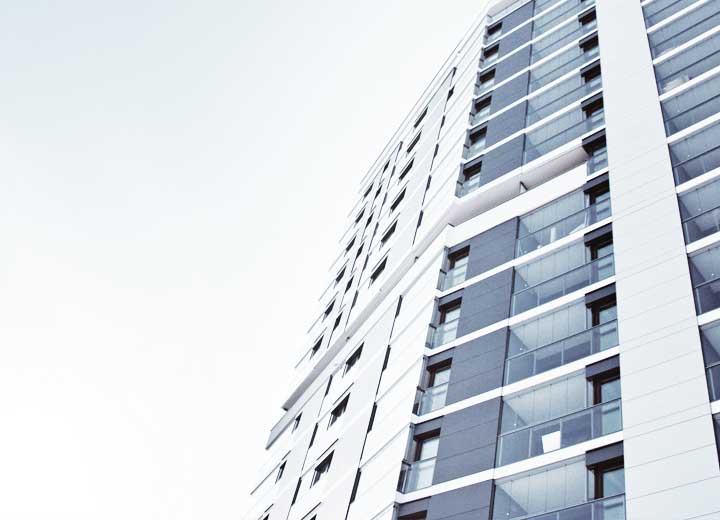Real estate
After the historical slowdown of the Brazilian economy and the brake imposed on all segments of the real estate market for a record amount of time, the expected recovery in the sector has been showing some concrete signs since the second half of 2019. Growth has been experienced in several sectors (logistics, retail, commercial, and residential), reflecting current economic policy, approval of labor and social security reforms, and signs that the government will proceed with tax reform. The decrease in unemployment and inflation, the maintenance of interest rates at a record low level, the increased faith in the economy, and the evident improvement in credit conditions also contribute to optimism, all ideal ingredients for the resumption of the real estate market starting in 2020.
Resolution No. 4,661/18 of the National Monetary Council (CMN) will reach one and a half years since its publication and will enter into effect on November 29. Even after the time that has elapsed, some rules established for investment in what was previously called the “Real Estate Segment” are still under discussion. Appropriate regulation on the subject in order to guarantee legal certainty for real estate transactions carried out by closed-end private pension entities (EFPC) is lacking.
The opportunity for regularization of buildings granted by the São Paulo City Government, through Law No. 17,202/19, should benefit more than 750,000 irregular properties in the state capital. The Amnesty Law, as it is popularly known, meets the provisions of the Strategic Master Plan of the Municipality of São Paulo and establishes the subordination of regularization of buildings, when necessary, to the execution of works.
Discussions on the issue of regulating the process of acquisition of rural real estate by foreigners should gain momentum following the presentation to the Federal Senate of Bill No. 2,963/19, dating from the end of May of this year. The text of the bill addresses various problems that the market faces with current laws and regulations, which depends on an extremely bureaucratic, uneven procedure and no operational resources for its implementation. All of this makes the acquisition process time consuming and affects the legal security of investment projects.
Federal Law No. 13,838/2019, published on June 5, sought to facilitate the geo-referencing process of rural properties. With the addition of a new paragraph 13 into article 176 of the Public Registers Law, the consent of abutting landowners in the geo-referencing process required in cases of subdivision, splitting, consolidation, and transfer of rural properties was dispensed with. Consent will be replaced by a declaration by the applicant that he respected the limits and boundaries of his property.
It is enough to observe some of the most pulsating cities today to see that entrepreneurial creativity seems to be inversely proportional to available urban space. Proof of this are the various projects around the world with new ways of making better use of the rooftops of buildings or raised slabs.
Signed on March 23, 2016, Law No. 16,402/16 governs the subdivision, use, and occupation of land in the municipality of São Paulo (Zoning Law). In relation to the previous law, it has brought in a series of changes, such as the establishment of maximum size limits for lots, reduction in the requirement of car parking spaces, minimum number of bicycle parking spaces, widening of sidewalks, and expansion of special environmental protection areas.
CVM Instruction No. 602, published on August 27, sets forth rules regarding public offerings of hotel collective investment contracts (CICs), the so-called condo-hotels. It repealed CVM Resolution No. 734/2015 (as amended by CVM Resolution No. 752/2016), which until then regulated the matter.
On October 6, a plenary session of the Chamber of Deputies approved the text of Law 10,728/2018, replacing the text proposed by means of Law No. 1,220/2015, which regulates the termination of contracts for the acquisition of real estate.
Brazil already has rules to regulate the legal regime of multi-ownership and registration of real properties. It is Law No. 13,777/2018, which amended and introduced new provisions in the Civil Code and in the Public Registers Law. Published in the Official Gazette on Friday, the 21st, it originated in Bill No. 10.287/2018, passed the previous day, and enters into force on February 4, 2019 (45 days after its publication).
The Court of Appeals of São Paulo decided in favor of the sale of rural property mortgaged in favor of a Brazilian financial institution equated to a foreign entity, despite the current restrictions on the acquisition and leasing of rural properties by Brazilian companies equated to foreigner entities, as they have a majority of their capital stock and/or control held by foreigners. The appellate decision was published on July 17, by the 23rd Chamber of Private Law of the TJ/SP, in the context of interlocutory appeal No. 2024029-90.2017.8.26.0000, of the District of São Paulo.
In a decision on September 19, the São Paulo Court of Appeals (TJ-SP) maintained the repeal of an injunction that had suspended the right of filing in the city. The licensing processes of projects registered with the Municipal Government (PM-SP) under the old law continue their normal proceeding.













